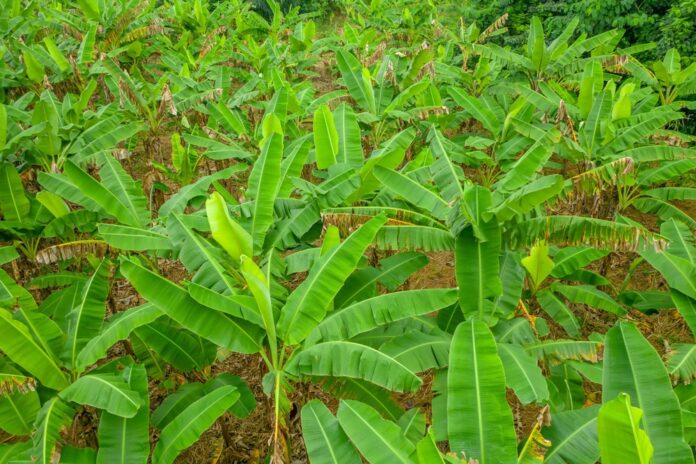The Philippine Fiber Industry Development Authority (PhilFIDA) has taken steps to reverse the decline in abaca fiber production and reduce imports of the material. In a briefing held in Quezon City on Monday, PhilFIDA executive director Arnold Atienza revealed that abaca production dropped to only 43,055.775 metric tons (MT) in 2024, marking a 4 percent decrease from 2023. The primary focus this year is to halt the downward trend by improving market linkages between farmers and industries, such as the furniture sector, which has a high demand for abaca.
Atienza stressed the importance of fostering local demand for abaca, alongside its exports, to ensure the long-term sustainability of the industry. He highlighted the need for private sector involvement, urging businesses to “adopt” abaca farms to secure a steady raw material supply while providing farmers with higher incomes and better access to equipment. Many abaca farmers earn between P2,500 and P3,500 a month at the moment.
Government programs helping the industry include promoting compliance with the Philippine Tropical Fabrics (PTF) Law which mandates the use of locally produced fabrics for government uniforms. Atienza acknowledged that compliance remains low at 20 percent but that this policy could help drive local demand. Additionally, the PhilFIDA is exploring measures to control the importation of abaca fiber which continues despite adequate local supply.
PhilFIDA is working on potential legal mechanisms to control imports and enhance its role in marketing abaca products, hoping for swift resolution through an Executive Order. Despite these challenges, the agency remains optimistic about the future of the abaca industry.







